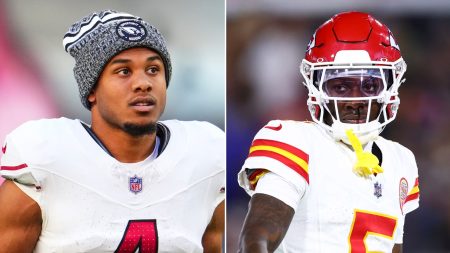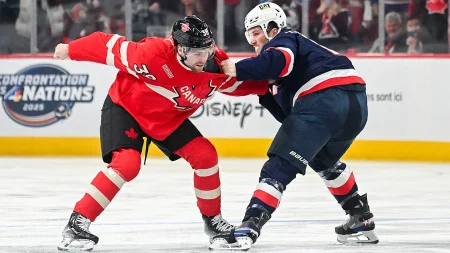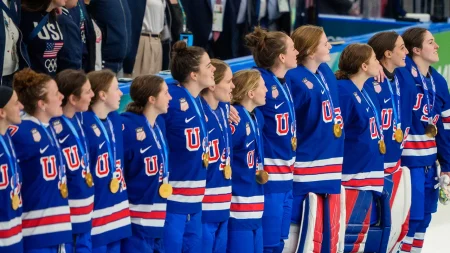The Atlanta Falcons’ stunning decision to bench veteran quarterback Kirk Cousins and hand the reins to rookie Michael Penix Jr. has sent shockwaves through the NFL, triggering speculation about Cousins’ future with the team. Signed to a lucrative four-year, $180 million contract just months prior, Cousins’ rapid descent from starting quarterback to potential cap casualty underscores the volatile nature of professional football and the high-stakes gamble teams take when investing heavily in aging quarterbacks. The Falcons’ early-season success, fueled by a 6-3 record and NFC South leadership, quickly unravelled into a four-game losing streak, culminating in a lackluster victory against the Las Vegas Raiders, where Cousins’ performance sealed his fate. The decision signals a shift in the Falcons’ strategy, prioritizing the development of their rookie quarterback over short-term gains, even at a significant financial cost.
The financial ramifications of releasing Cousins are substantial. While the Falcons could save $10 million by cutting him before his roster bonus kicks in, they would still absorb a staggering $65 million dead cap hit. This represents a significant portion of Cousins’ guaranteed $100 million within his original $180 million contract. Essentially, the Falcons would be paying Cousins a hefty sum not to play for them. This financial burden further complicates the team’s salary cap situation, limiting their flexibility in acquiring free agents and bolstering their roster in the coming season. Despite the potential savings, the long-term financial implications of cutting Cousins paint a bleak picture for the Falcons’ immediate future.
The situation mirrors the Denver Broncos’ predicament with Russell Wilson last offseason. Despite releasing Wilson, the Broncos continued to shoulder a substantial financial burden, paying him $53 million while he played for the Pittsburgh Steelers on a veteran minimum contract. This precedent suggests Cousins could follow a similar path, signing a minimal contract with another team while still receiving significant compensation from the Falcons. This practice highlights the complexities of NFL contracts and the strategic considerations teams must make when navigating salary cap constraints and player performance.
Cousins’ performance this season has been a stark contrast to the high expectations that accompanied his arrival in Atlanta. While he amassed respectable passing yards (3,508) and touchdowns (18), his league-leading 16 interceptions and 12 fumbles, tied for the most in the NFL, ultimately proved to be his downfall. This alarming turnover rate, coupled with a dismal performance in recent games, where he threw only one touchdown against nine interceptions, eroded the coaching staff’s confidence in his ability to lead the team. The stark decline in his performance over the latter half of the season underscores the risks associated with relying on older quarterbacks and the challenging decisions teams face when performance doesn’t meet expectations.
Adding to the complexity of the situation is Cousins’ no-trade clause, which he is reportedly unwilling to waive. This stance limits the Falcons’ options, effectively forcing them to either keep Cousins on the roster despite his benching or release him outright and absorb the massive dead cap hit. Reports suggest that Cousins’ frustration with the Falcons’ drafting of his eventual replacement, Michael Penix Jr., has contributed to his unwillingness to cooperate with a trade. This perceived slight, coupled with the team’s swift decision to bench him, has created a contentious dynamic between player and organization.
The Falcons’ gamble on Kirk Cousins has backfired spectacularly. What initially appeared to be a shrewd move to acquire a veteran quarterback to lead the team has quickly devolved into a costly miscalculation. The team now faces a difficult decision: absorb a significant financial hit by releasing Cousins or retain a disgruntled and underperforming quarterback. The situation serves as a cautionary tale for NFL teams considering investing heavily in aging quarterbacks, highlighting the risks associated with such decisions and the importance of succession planning. The Falcons’ predicament underscores the volatile nature of professional football and the fine line between success and failure in a league where performance and financial considerations are inextricably linked.














